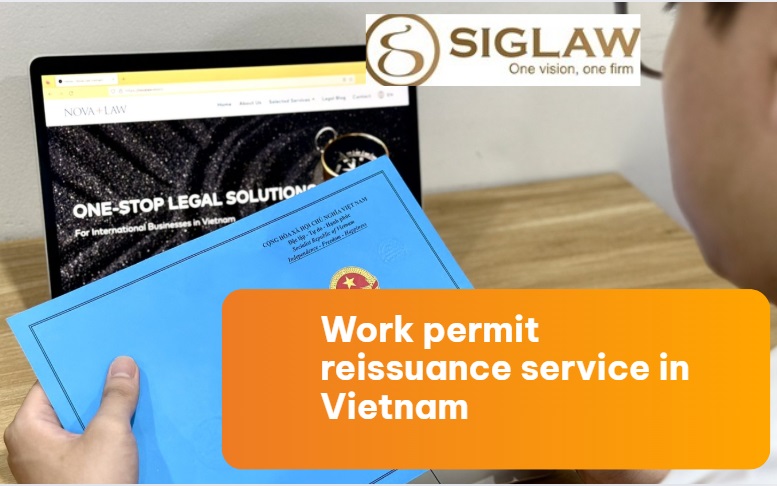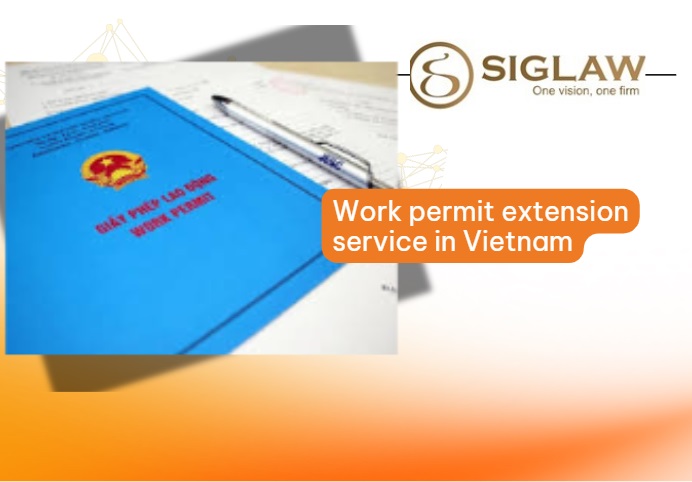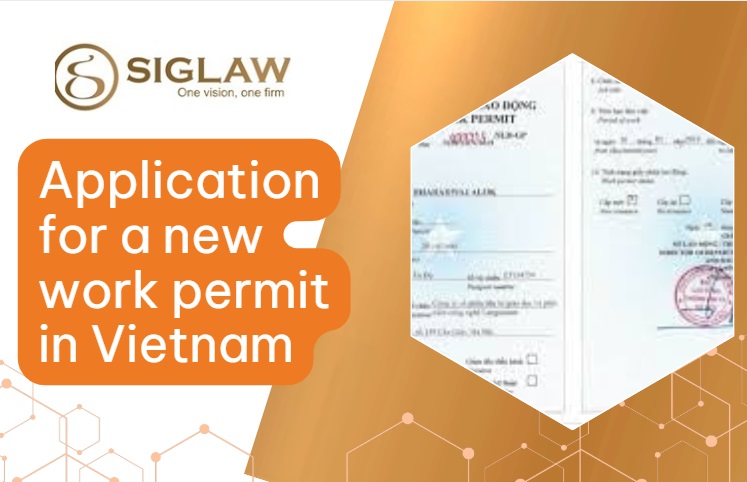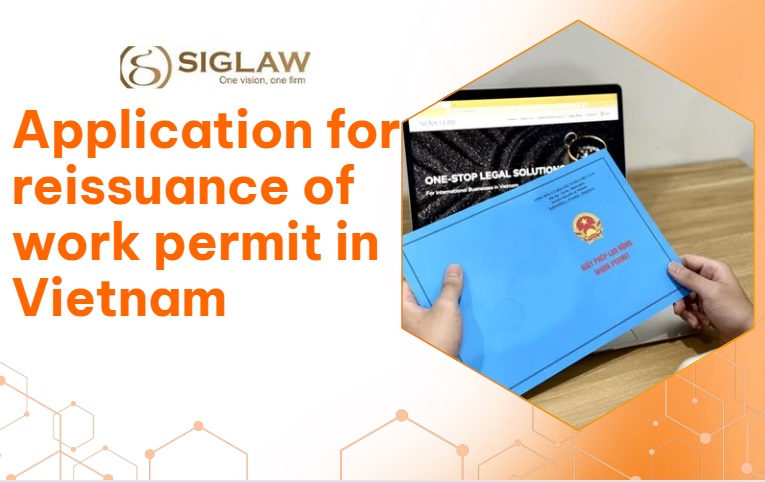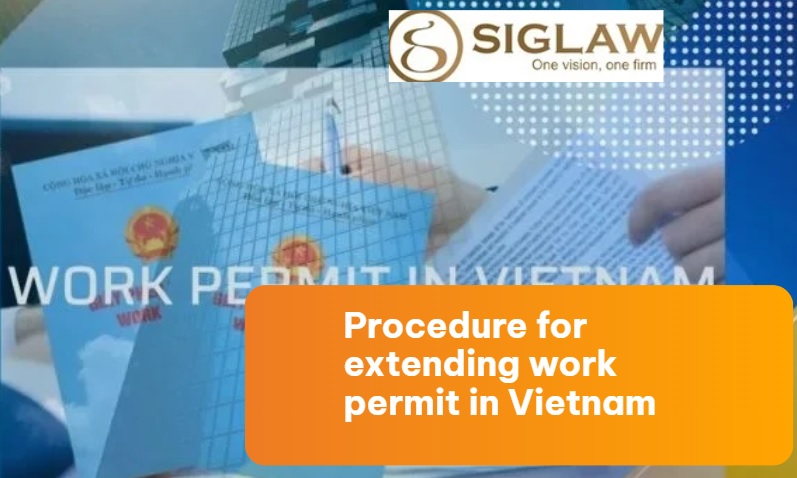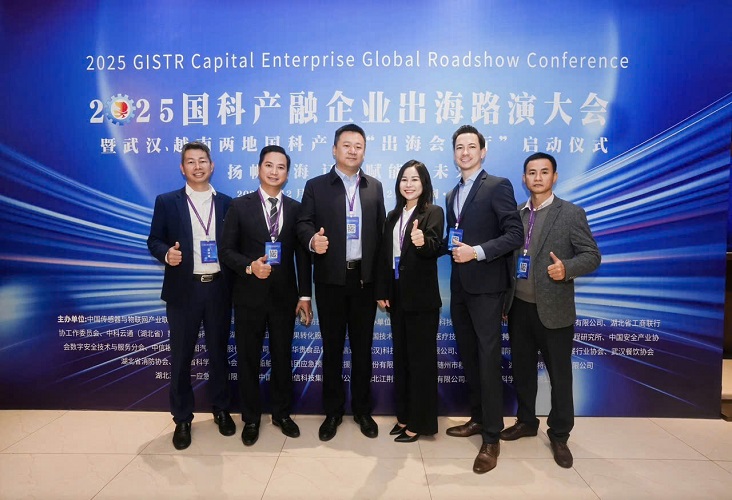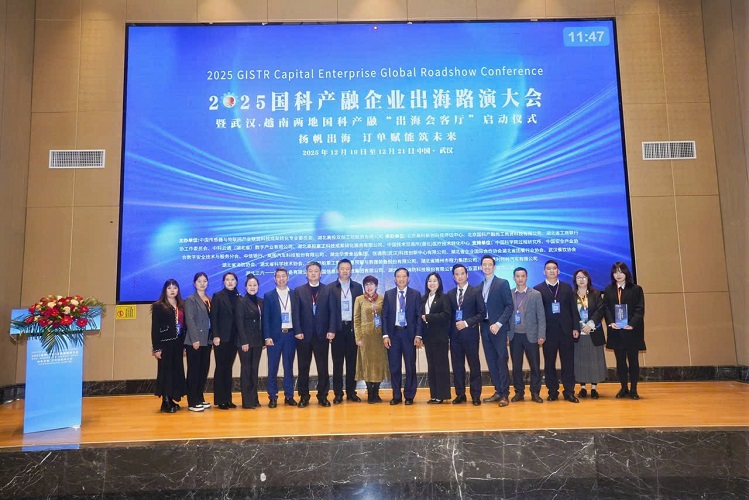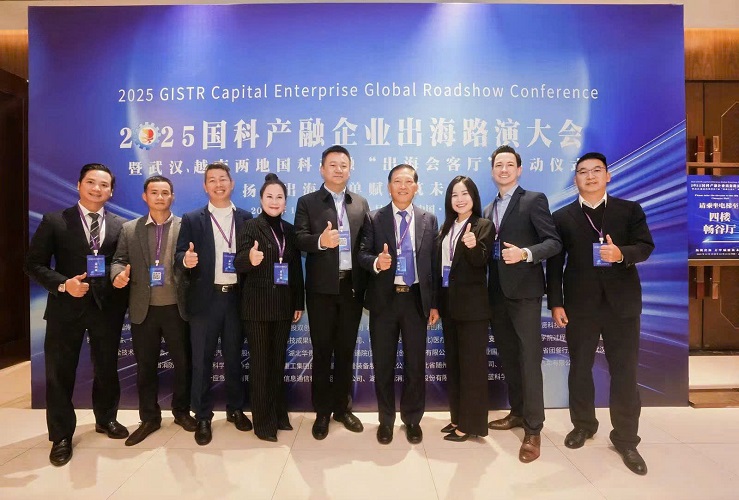POLICIES TO ENCOURAGE INVESTMENT IN THE TOURISM SECTOR
In recent times, Vietnam’s tourism industry has made significant progress and reaped many commendable achievements. The growth rate of international visitors reached 15% per year, and domestic visitors increased by an average of more than 10% per year. The industry’s tourism infrastructure and technical facilities are also constantly being upgraded. Types of tourism products and services are increasingly diverse. Service quality and professionalism gradually improved. Tourism businesses thrive in both quantity and quality, building a number of prestigious domestic and international brands. A number of key tourist areas and destinations have gradually formed.
Principles of tourist development in VietNam
According to Article 4 of the 2017 Law on Tourism, Vietnam’s tourism development needs to comply with the following principles:
- Develop targeted and sustainable tourism in line with strategies, master plans and plans
- Develop tourism together with preservation and upholding of national cultural identity values, natural resources, exploitation of advantages of each area and promotion of regional cluster.
- Ensure national sovereignty, national defense and security, social order and security, expand external relations and international integration, and promote the images of Vietnam and its people.
- Protect national and community interests, lawful rights and interests of tourists, and organizations and individuals doing tourism business.
- Develop both domestic and international tourism; respect and fairly treat tourists.
Policies to encourage investment in the tourism sector in VietNam
Firstly, the state has a policy of mobilizing all resources for tourism development to ensure tourism becomes a key economic sector of the country.
Second, organizations and individuals doing tourism business enjoy the highest levels of investment incentives and support when the state promulgates and applies investment incentives and support policies.
Third, the state prioritizes funding for the following activities:
- Planning for tourism;
- Building infrastructure to serve tourism development;
- Promote tourism, build national and local tourism brands;
- Investigate, evaluate, protect, embellish and develop the value of tourism resources.
Fourth, the state has policies to encourage and support the following activities:
- Training and developing tourism human resources;
- Research and orient tourism product development;
- Invest in developing technical facilities and high-quality tourism services;
- Applying modern science and technology to serve tourism management and development;
- Develop tourism in places with tourism potential; Using local tourism human resources;
- Invest in forming a large-scale, complex tourist service area; system of duty-free shops and shopping centers serving tourists;
- Investing in developing new tourism products that have a positive impact on the environment, attracting the participation of the community; Invest in developing sea and island tourism products, eco-tourism, community tourism, cultural tourism and other specific tourism products.
Fifth, the state has policies to create favorable conditions for travel, residence, immigration procedures, customs, VAT refund, and ensuring other legal rights and benefits for tourists (Article 5 of the Law Travel in 2017)
Apply policies to encourage investment in tourism in VietNam
Recently, the State has issued many policies to directly support the tourism industry, including:
Firstly, tax and fee policy.
Extending the deadline for paying VAT, corporate income tax, personal income tax and land rent; Reduce land rent in 2020 and 2021; 30% reduction in VAT rate or 30% reduction in percentage to calculate VAT for goods and services: accommodation services; Services of travel agents, tour businesses and support services related to tour promotion and organization. 30% reduction in corporate income tax payable; Reducing electricity prices for tourist accommodation establishments from the retail electricity price applied to business to the retail electricity price applied to manufacturing industries; 50% reduction in assessment fees for granting travel business licenses ; Reduce 80% of deposits for travel services until the end of 2023; Postpone the time for paying union fees until the end of 2021.
Second, credit policy.
Exemption and reduction of loan interest until the end of June 2022 (restructuring debt repayment period, exemption and reduction of interest fees and maintaining the same debt group to continue to support customers affected by Covid-19).
Third, social security policy.
Support workers and employers facing difficulties. Businesses and workers in the tourism sector are supported as follows: Support for workers and employers to temporarily stop paying into the Retirement and Death Fund. Support employers in training and fostering to improve skills to maintain jobs for workers. Support employees to temporarily postpone the implementation of labor contracts and take unpaid leave. Support employees who terminate their labor contracts but are not eligible for unemployment benefits. Tour guide support. Support level: 3,710,000 VND/person. Support employers to borrow capital to pay salaries when stopping work, borrow capital to pay salaries to employees when restoring production. Support businesses, cooperatives, and business households in the context of the Covid-19 epidemic according to Resolution No. 105/NQ-CP dated September 9, 2021 of the Government.
Phone: (+84) 961 366 238
Email:
- vphn@siglaw.com.vn
- vphcm@siglaw.com.vn
Headquarters: No.44/A32-NV13, Gleximco A, Le Trong Tan Street, Tay Mo Ward, Ha Noi.
Southern branch: No.103 – 105 Nguyen Dinh Chieu Str., Xuan Hoa Ward, Ho Chi Minh.
Central branch: 177 Trung Nu Vuong, Hai Chau District, Da Nang City
Facebook: https://www.facebook.com/hangluatSiglaw



